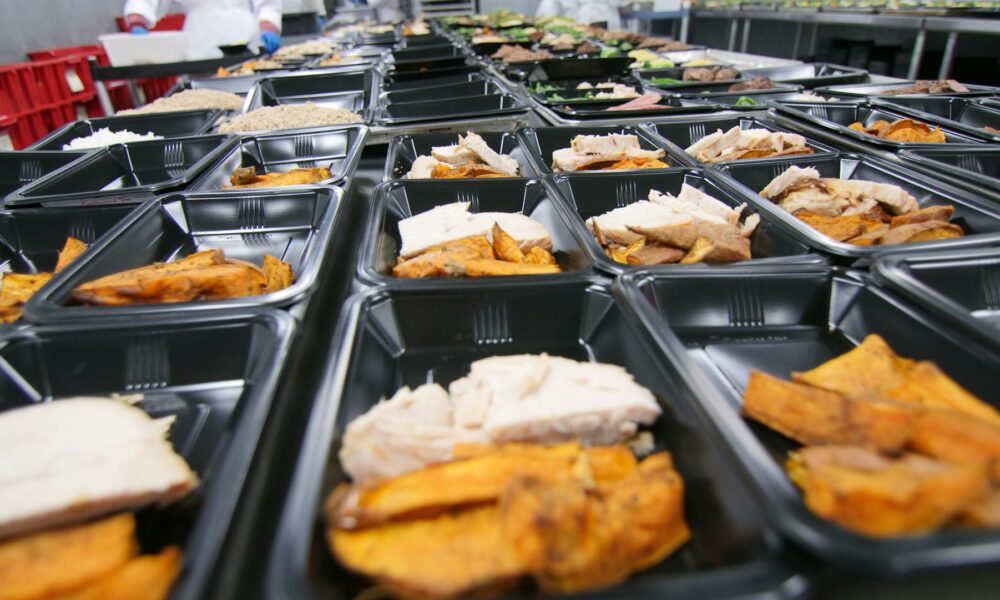Food safety certifications are an essential part of the modern food industry. They are the tools that help businesses demonstrate compliance with strict safety and quality standards, ensuring that food products meet regulatory requirements and consumer expectations.
Whether you’re involved in processing, manufacturing, or importing/exporting food, understanding key certifications can give your business a competitive edge. This guide explores six essential food safety certifications that every business in the food industry needs to consider.
From ensuring compliance with global food safety standards to obtaining the credentials that cater to specific markets, this article will help you understand the certifications that matter most to your business.
Why Food Safety Certifications Matter
Food safety certifications are more than just paperwork—they are promises to consumers that products are safe, high-quality, and trustworthy.
For businesses, they also pave the way for smoother import and export operations, gain access to global markets, and help avoid costly recalls.
On top of that, certifications position your brand as reliable and credible, attracting both consumers and partners who value excellence in food safety. Now, let’s look at some of the most widely recognized certifications your business should be aware of.
Hazard Analysis and Critical Control Points (HACCP)
What is HACCP?
HACCP is a systematic approach aimed at identifying, assessing, and controlling risks throughout the food production process. Unlike traditional safety inspections, HACCP focuses on preventing hazards rather than reacting to them.
Why Is It Important?
HACCP certification is one of the most trusted global standards for food safety. It is often required for businesses involved in food manufacturing, packaging, and distribution.
Achieving HACCP certification can also be a stepping stone to meeting the requirements of other global food safety standards.
Key Benefits of HACCP Certification
- Ensures compliance with legal food safety requirements.
- Minimizes risks of contamination, foodborne illnesses, and product recalls.
- Facilitates international trade, making it easier for food manufacturing companies in Ontario to obtain an import and export certificate.
ISO 22000 Certification
What Makes ISO 22000 Unique?
ISO 22000 is an international standard that integrates food safety management into the broader framework of an organization’s processes. It aligns with ISO’s family of quality management certifications while focusing specifically on food safety.
Who Needs ISO 22000?
Businesses of all sizes across the food chain—from primary producers and processors to retailers—can benefit from ISO 22000 certification.
Top Advantages of ISO 22000
- Provides a systematic and proactive approach to food safety.
- Bridges the gap between food safety certifications and quality management standards.
- Enhances consumer trust in global markets.
Global Food Safety Initiative (GFSI)-Recognized Standards
What Are GFSI Certifications?
Instead of a single certification, the GFSI encompasses multiple certification schemes such as BRC Global Standards, FSSC 22000, and Safe Quality Food (SQF).
These schemes are benchmarked against GFSI standards and help businesses achieve recognition in global markets.
Why Choose a GFSI-Recognized Certification?
For businesses looking to operate internationally, a GFSI-recognized certification is one of the best certifications for food industry players. Large retailers and multinational clients often require suppliers to meet one of these standards.
Benefits of GFSI Certifications
- Globally recognized for credibility and compliance.
- Ensures consistency across diverse markets.
- Prepares companies for regulatory changes in international trade.
Safe Quality Food (SQF) Certification
What Does SQF Cover?
The SQF program is a GFSI-recognized scheme tailored to food safety and quality. It’s designed to provide assurance to buyers that food has been processed, prepared, and handled according to the highest global food safety standards.
SQF’s Key Features
- Comprehensive and customizable modules suited for every part of the food supply chain.
- Includes food certification types that address specific industry needs, from farming to logistics.
- Focuses on both safety and quality—addressing two key areas in one program.
Why Businesses Choose SQF
- Enhances your credibility with retailers worldwide.
- Simplifies audits thanks to its easy-to-use, modular framework.
- Helps your brand tap into premium consumer segments.
USDA Organic Certification
Defining USDA Organic Standards
For food businesses that produce or handle organic products, USDA Organic Certification is essential. This certification ensures that food products are free from synthetic fertilizers, pesticides, and other non-organic substances.
What Does It Require?
This certification requires compliance with strict organic farming and processing standards. It also mandates clear labeling practices for transparency to consumers.
Benefits of USDA Organic Certification
- Opens access to the growing organic food market.
- Attracts health- and environmentally-conscious consumers.
- Differentiates your brand from competitors.
FSSC 22000 Certification
What You Should Know About FSSC 22000
This certification is another GFSI-recognized scheme that combines ISO 22000 with additional requirements specific to food safety. It is designed for businesses within the food industry that want a robust and internationally accepted food safety certification.
How FSSC 22000 Helps Businesses
- Aligns with food safety management, legal compliance, and consumer expectations.
- Facilitates smooth cooperation with multinational companies and regulatory bodies.
- Provides highly detailed audit reports for continuous improvement.
When to Choose FSSC 22000
If your business wants a complete and globally accepted standard for food safety, this certification is a comprehensive solution.
Taking the Next Step Toward Certification
Obtaining the right food safety certification is an investment in your brand’s credibility, consumer trust, and global reach. Conduct a thorough assessment of your business needs and the markets you’re aiming to enter.
Certifications like HACCP and ISO 22000 establish a strong safety foundation, while programs like GFSI-recognized standards open doors to international expansion.
If you’re ready to elevate your business and stand out in the competitive food industry, take the first step toward securing the certifications that best align with your goals.




